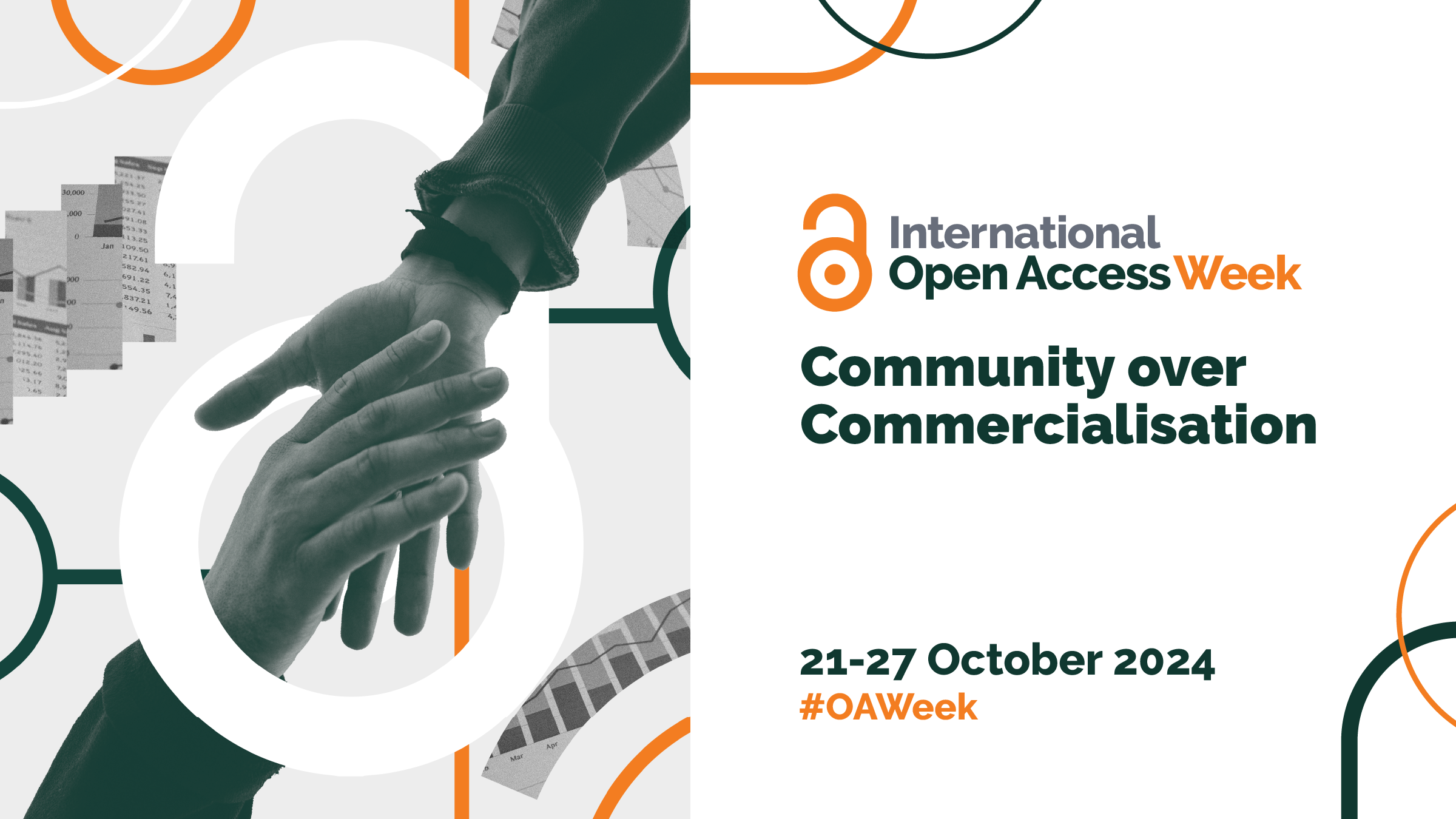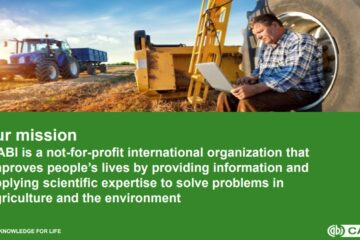Open Access and the AFBI Repository

Open access literature is digital, online, free of charge, and free of most copyright and licensing restrictions. There are many advantages to publishing open access for both the academic community and the wider public. These include increased visibility and impact of research, compliance with funder mandates, as well as wider public engagement and benefit through free access to research that has the potential to increase knowledge, further innovation and inform policy decisions for the greater good.
The AFBI Institutional Repository underpins AFBI’s commitment to support Open Access for preserving, disseminating and increasing the impact of AFBI research which delivers results that are directly relevant to Agri-Food practitioners and the public. Making publicly funded AFBI research freely available to all is important for AFBI’s impact on society.
The AFBI Library team administers the Repository and where material has already been published, the team makes it available in the repository subject to the open-access and copyright policies of the original publishers.
The two main routes to open publishing, Green and Gold, are supported by the AFBI Institutional Repository:
Green open access involves publishing in a traditional subscription journal and depositing a pre-publication (accepted manuscript) version of the article in an institutional repository. This ‘self-archived’ version becomes freely available, usually after an embargo period set by the publisher, and no charges are paid.
Gold open access means that the published version of the research article is free to access directly from the journal and the reader does not need to pay to read the article. The costs associated with publishing are usually paid to the publisher through article processing charges (APCs), which may be paid by authors or subsidised by a funder.
In the case of Gold OA, copyright is usually retained by the author(s) under a creative commons licence, whereas with Green OA, the copyright is retained by the publisher and ‘self-archiving’ by the author must comply with the publisher policy.
AFBI Library staff members check the publisher copyright permissions and apply any necessary metadata before making each record discoverable in the repository. Where necessary, we will contact the author(s) to request the correct version of the article (such as the Accepted Manuscript) for upload in line with the publisher’s policy.
The Library also provides training and support on copyright and Open Access publishing for AFBI staff. Our most recent training course on Open Access Tools will be delivered via Teams on 12th November 11-11.30am. Please register for your place here. We welcome any queries on copyright or open access and can provide advice and personalised training sessions for individuals or groups at all AFBI locations.
For further information on open access publishing, please get in touch with the library in-person or by emailing afbilib@qub.ac.uk, or check out our Open Access FAQs


